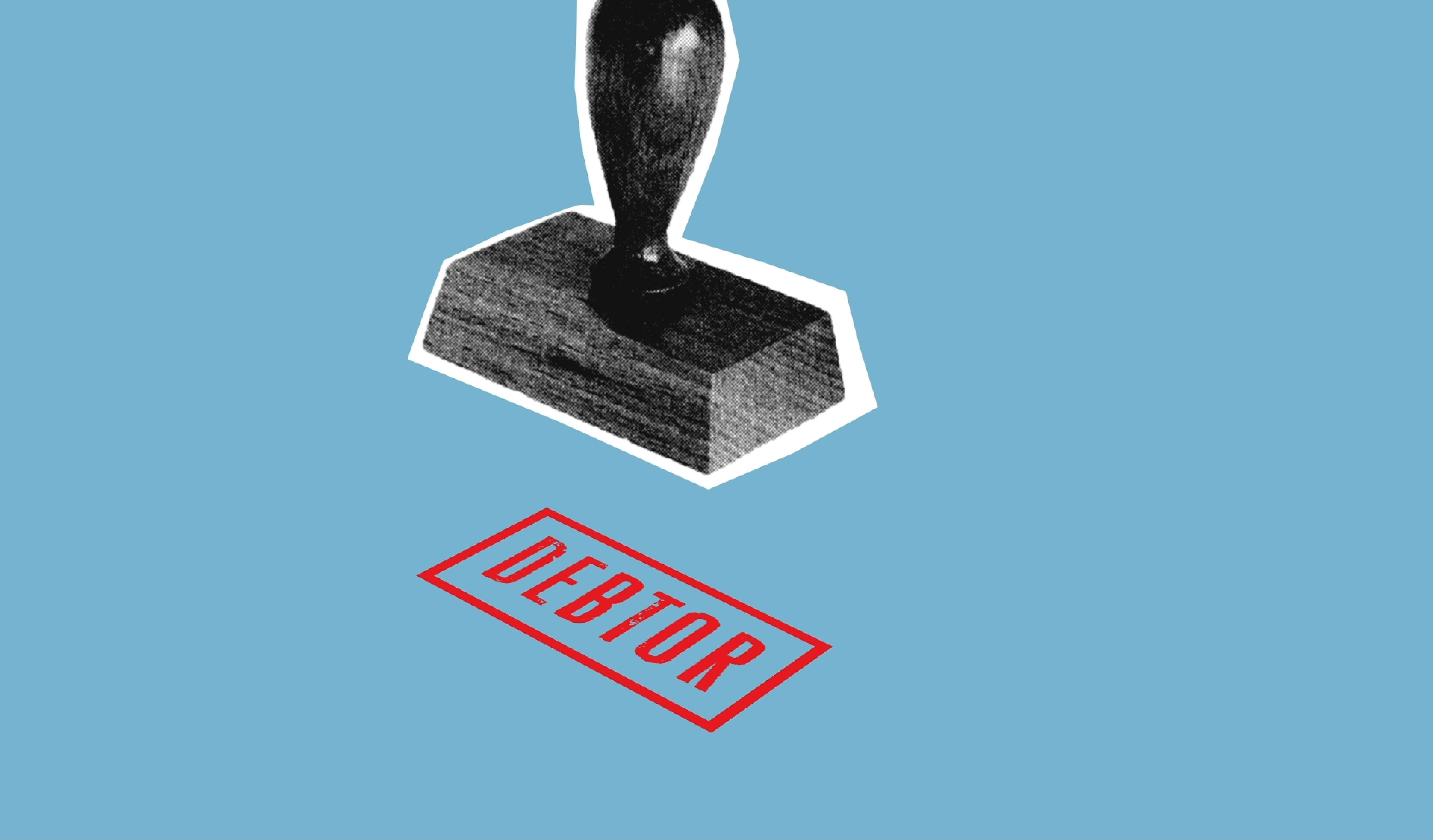Should You Pay Off Debt or Invest?
Should you pay off debt or invest? It’s a common question many people have, but one with an answer that can have significant consequences. In our view, if you place too much emphasis on paying off debt, you could miss out on years of investment returns. If you don’t put enough, interest costs, late fees, credit score damage, and stress can all take their toll. While this may seem like an impossible question to answer, you might be surprised by how simple and straightforward it can be. Let’s take a look.
The Debt Backdrop
For most of us, debt is unavoidable. We need it to obtain a college education, buy a home, or start a business. Sometimes we need it to rectify past mistakes. Debt in these forms can be healthy and fruitful if adequately managed. A college education, for example, can open the doors to a highly lucrative career. A mortgage can provide the means to purchase real estate and add an asset to the balance sheet. A small business loan can provide the capital needed to start a new venture and create a lasting source of income and wealth.
However, debt can also be monstrous if used irresponsibly. Imagine this scenario for a young professional: High-paying job. Expensive city. Expensive apartment. Student loans. Expensive car. Taco Tuesdays. Sunday Fundays. Weekend trips. International travel. Clothes. Shopping. Significant others. Marriage. Kids. Negative cash flow. Credit cards galore. Out of control balances. Unbearable stress. Can’t get ahead. Can’t pay bills.
This scenario shows the havoc debt can wreak, and the vicious cycle it can create from a destructive lifestyle. It also serves to highlight the importance of understanding the cause of debt in our own lives. What created it? Was it assumed out of necessity and with care and consideration, or was it the result of poor life choices? If an unsustainable lifestyle is to blame, then those are the first changes to implement.
Debt Returns vs. Investment Returns
For lenders and investors, debt is an asset, an investment that provides a fixed return from monthly borrower’s payments, including interest. If we look at a mortgage, for example, the lender could issue a loan at a 4% annual percentage rate (APR). Providing default does not occur, the lender is guaranteed a 4% yearly return on the money lent.
In the stock market, on the other hand, returns are achieved through economic growth and the appreciation of value in companies. As publicly traded companies grow and become more profitable, they also become more desirable to own, which causes the share value to increase and provide a return for existing shareholders. Unlike debt, however, no return in the stock market is guaranteed, but the potential is effectively unlimited. Framing debt from this perspective allows us to find our answer to this question clearly.
The Answer
Imagine this common scenario: a credit card balance at 25% interest or 8% returns in the stock market. You have extra money left over each month to put towards one or the other so should you pay off debt or invest? The answer is to pay off debt. Any extra funds put towards the debt guarantees a return of 25%/yr on those funds in the form of the interest saved. You’re not getting 25%/yr in the stock market year after year, so your money is better going towards the debt.
Now, let’s imagine another scenario: a mortgage at 4% interest versus 8% returns in the stock market. Which do you pick? Investing in the stock market is the right answer here because additional funds put towards the mortgage only guarantees a 4% return while you could potentially earn 8% in the stock market. That 4% difference compounded over many years can result in much higher wealth creation than paying off the mortgage early.
Other Considerations
As much as we’d love every financial decision to be as cut and dry as what we listed above, the truth is that it is not. Financial decisions require taking a holistic perspective, which means looking at your financial situation in its entirety, clearly understanding your goals and priorities, and being in tune with the relationship you have with money and the money forces.
For example, the math might state that paying off a mortgage is not the right answer, but what if you are planning to retire early and need the house paid off to make the numbers work? What if you plan to convert the house into a rental property in the future and need the house paid off to make any income from it? What if you can pay off the house AND invest at the same time? The point here is that there are so many different variables to take into account that could influence the debt or invest question needs first to be looked at from every angle possible before moving forward with a decision.
If you need help finding the right answer for your situation, our team of financial planning experts has the tools and knowledge to help you achieve the clarity you seek. Schedule a time to chat with us today to see how we can help!
Securities and Advisory Services offered through Calton & Associates, Inc., dba Forefront Wealth Partners, Member FINRA/SIPC. OSJ: 2701 N. Rocky Point Drive, Suite 1000, Tampa, FL 33607 (813) 264-0440. Calton & Associates, Inc. does not provide legal or tax advice. Forefront Wealth Partners and Calton & Associates, Inc. are separate entities.





